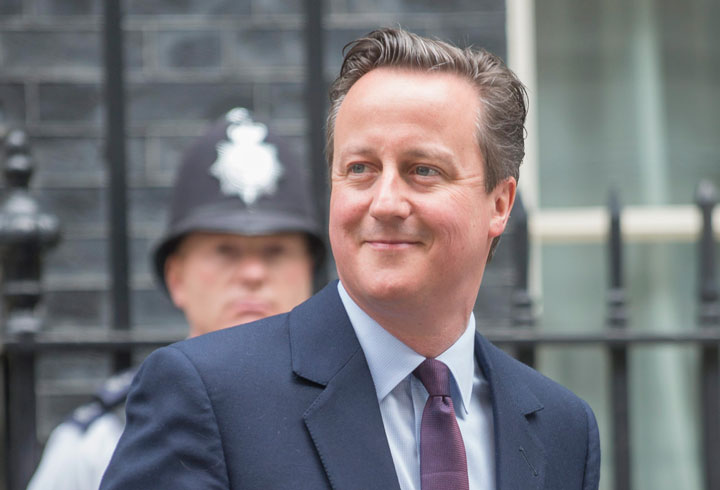WARSAW, Poland – British Prime Minister David Cameron pressed his case for renegotiating his country’s relationship with the European Union Friday in Poland, where resistance is stiff to any changes that would limit the rights of the many Polish migrants living in the U.K.

Ahead of the visit, the Polish minister for European affairs, Rafal Trzaskowski, told the Rzeczpospolita daily that he expected the talks to be “very difficult” and that Poland would not agree to changes that would discriminate against Poles.
Hundreds of thousands of Poles have settled in Britain since Poland joined the EU in 2004.
Cameron and Polish Prime Minister Ewa Kopacz held a working breakfast early Friday in the Palace on the Isle, a historic palace in the royal Lazienki park, but did not make any public statements.
Following the victory for his Conservative party this month, Cameron has pledged to hold a referendum that could take Britain out of the European Union by the end of 2017. Cameron says he will campaign to stay in the EU, if he wins concessions including curbing benefits, such as the right to claim tax credits, for EU migrants. He also wants to limit welfare benefits to migrants.
As part of a four-country tour meant to win support for his changes, Cameron visited the Netherlands and France before visiting Poland. Germany is the next stop later Friday.
Poland’s government, led by the Civic Platform party, is staunchly pro-European. The party’s former leader and prime minister, Donald Tusk, is now the head of the European Council in Brussels.
However, the country has just elected a new president, Andrzej Duda, who hopes to recalibrate Warsaw’s relationship to Brussels. He stood for the nationalistic and right-wing Law and Justice party, which has long fought for greater national sovereignty within the EU. Duda’s victory has given the party new momentum and raised its chances of winning parliamentary elections this fall.
Cameron did not meet Duda during his brief visit to Warsaw.



Comments